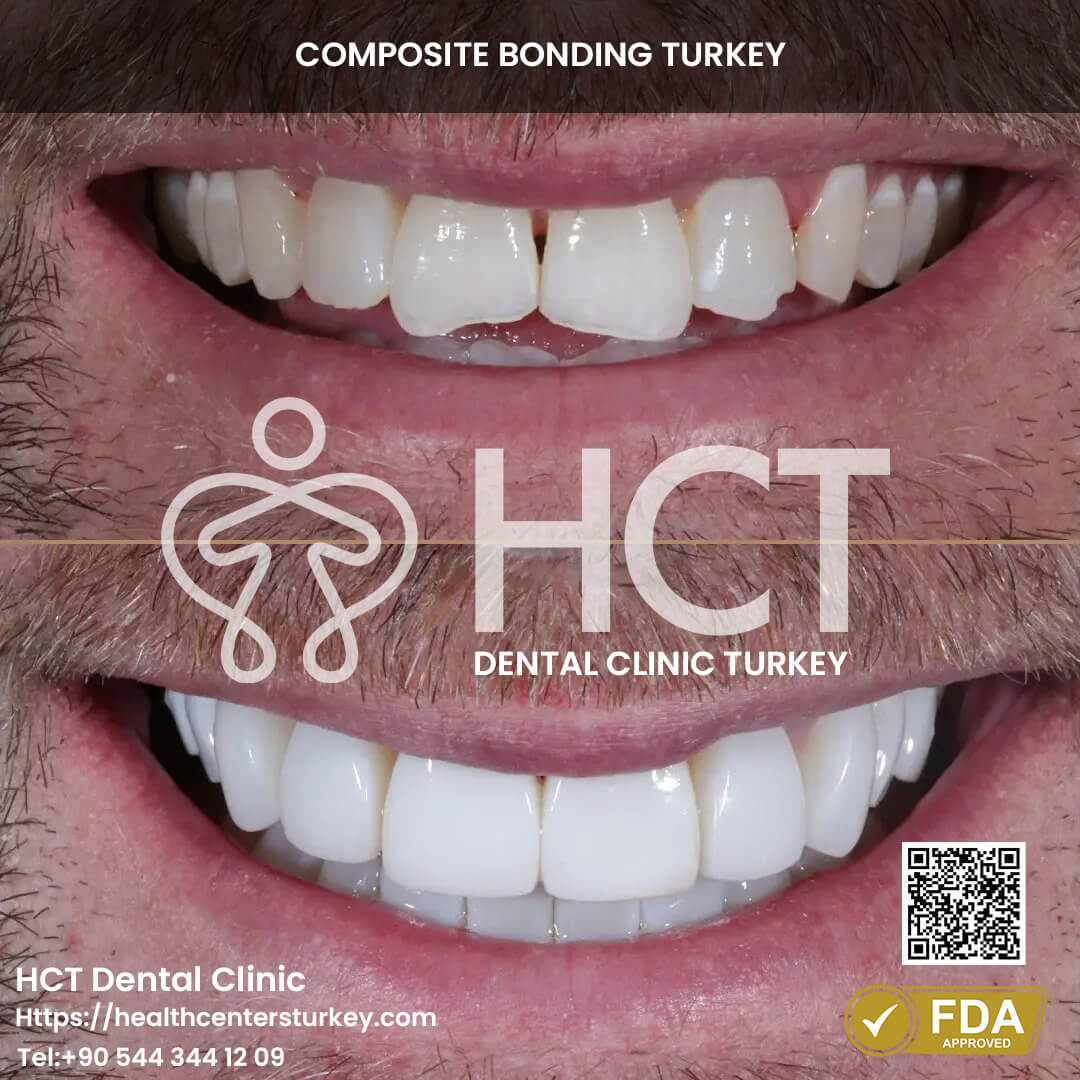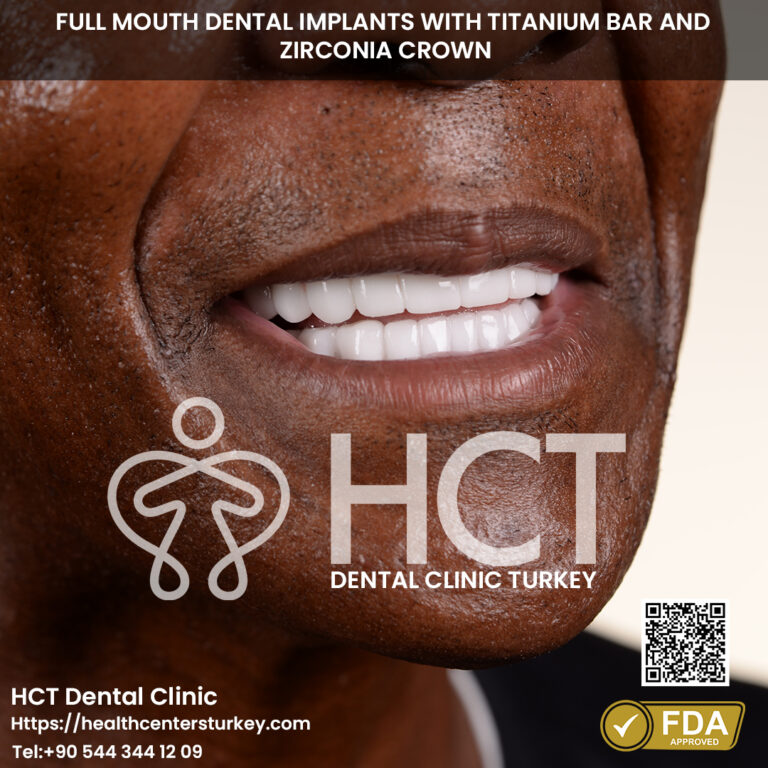Achieving a Stunning Smile with Implants and Veneers
Dental implants have turn into a focal point in fashionable dentistry, offering a dependable solution for these facing tooth loss. Among the a number of advantages they offer, one vital side worth contemplating is their impact on adjacent teeth. Understanding how dental implants affect surrounding teeth aids in making knowledgeable choices about oral health.
When a tooth is lost, neighboring teeth can easily shift towards the space left behind. This movement can lead to misalignment, which compromises the overall chunk and function of the mouth. Dental implants mimic natural tooth roots, thereby sustaining the place of adjacent teeth.
Prepare for Your Dental Transformation in Turkey
The stability provided by an implant is essential, as it helps in preserving not simply the bodily alignment but also the structural integrity of the jawbone. When a tooth is missing, the underlying bone can begin to deteriorate because of lack of stimulation. An implant exerts strain on the bone throughout chewing, similar to a natural tooth, which promotes bone health.
In some circumstances, a bridge or partial denture could also be thought-about as a substitute for implants. While these options might restore some performance, they can place further stress on neighboring teeth. Bridges normally require submitting down the surrounding teeth to accommodate the anchors, thereby affecting their health over time. Dental implants, on the opposite hand, don't alter current teeth, making them a more conservative selection.
Outstanding Dental Services Focused on Quality Care
Hygiene turns into one other critical factor when considering adjacent teeth within the context of implants. With dental implants, the person can maintain a regular hygiene routine much like natural teeth. Flossing and brushing across the implant are simple, guaranteeing that the gum tissue remains healthy and minimizing the danger of gum disease that would adversely have an result on adjacent teeth.
Moreover, the materials used in dental implants are biocompatible. This means they are designed to integrate properly with the physique, lowering the possibilities of an adverse reaction. This attribute not only makes the implant protected but in addition protects close by teeth from potential points that might come up because of contamination or infection.
In terms of aesthetics, dental implants offer a natural appear and feel, intently resembling unique teeth. Adjacent teeth profit from this aesthetic enchantment as nicely. When an implant is positioned, the encircling gum tissue may be formed to imitate natural contours, thereby enhancing the general appearance of the smile. This aesthetic factor can encourage people to spend money on their oral care routines, benefiting both the implants and adjacent teeth in the long term.
Transform Your Smile through Modern Dental Practices in Turkey
Another concern is the potential for gum disease, which can affect the health of adjacent teeth. Gum disease can occur when plaque builds up around teeth and implants. Regular dental visits and applicable oral hygiene can mitigate this concern. The presence of implants can even function a motivator for higher dental hygiene practices, as individuals become extra acutely aware of maintaining their total next mouth health.
Studies have shown that dental implants can contribute to a significant enchancment in quality of life. Patients typically expertise elevated confidence and are much less hesitant to smile or engage in social interactions. A wholesome and well-maintained smile indirectly promotes better look after adjacent teeth, as people are probably to become more aware of their general oral hygiene.
One often-overlooked aspect is the psychological impact of dental implants on patients. Knowing that implants provide long-term options can ease the nervousness related to tooth loss. With fewer worries about future tooth shifts, patients usually have a tendency to make investments effort and time into caring for his or her teeth, which incorporates adjacent teeth.
In conclusion, dental implants serve as more than just a resolution for missing teeth; they play a pivotal position in sustaining the health and integrity of adjacent teeth. From stopping misalignment to promoting gum health and enhancing aesthetics, the advantages are manifold. By opting for implants, people can not solely restore functionality but additionally foster a more healthy oral surroundings for surrounding teeth. The psychological and aesthetic advantages further contribute to an total enhanced quality of life.
Explore Comprehensive Dental Services throughout Turkey
In the long term, understanding how dental implants affect adjacent teeth can guide people in making empowered choices relating to their dental health. The integration of these implants into the mouth acts as a stabilizing pressure, safeguarding both the bodily alignment and performance of neighboring teeth, whereas selling a long-lasting, healthy smile.
- Dental implants typically don't exert stress on adjacent teeth, maintaining their integrity and reducing the danger of shifting or misalignment.
- The placement of an implant usually encourages better oral hygiene habits, positively influencing the health of adjacent teeth by way of improved cleaning practices.
Find Your Best Dental Clinic in Turkey for Aesthetic Procedures
- In some circumstances, dental implants can stimulate the surrounding bone, which helps preserve the natural teeth's position and overall dental structure.

- The gap left by missing teeth can lead to bone loss; dental implants can prevent this, thereby defending adjacent teeth from potential problems.
- Enhance Your Well-Being with Quality Dental Care
Custom Dental Plans to Meet Your Needs
- By restoring the operate of a missing tooth, implants assist distribute chew forces evenly, decreasing wear and stress on neighboring teeth.

- Properly positioned dental implants can act as a assist structure, stopping undesirable motion of adjacent teeth ensuing from tooth loss.
- The presence of an implant could enhance the aesthetic appearance of surrounding teeth by filling in gaps and supporting facial structure.
Enhancing Patient Experience in Turkish Dental Clinics
- Dental implants eliminate the need for adjacent teeth alteration, unlike bridges, which require reshaping the close by teeth for help.
- Implants additionally scale back the risk of gum disease in comparison with other tooth replacement options, indirectly benefiting adjacent teeth by promoting overall oral health.
Achieve Your Desired Teeth Look with Expert Care from Turkey's Dental Clinics.
- Long-term success of dental implants is linked to the health of surrounding teeth, emphasizing the importance of standard dental check-ups and maintenance.
How do dental implants have an effect on adjacent teeth?
Enhancing Patient Experience in Turkish Dental Clinics
What are dental implants and how do they work with adjacent teeth?undefinedDental implants are artificial tooth roots placed into the jawbone to support replacement teeth. They don’t affect adjacent teeth directly, as they are independent structures. Instead, they may help preserve the integrity of surrounding teeth by stopping bone loss.
Can dental implants trigger injury to adjacent teeth?undefinedIf placed correctly, dental implants should not harm adjacent teeth. However, improper placement can result in points like misalignment or pressure, emphasizing the importance of choosing an experienced dental skilled.
Will dental implants promote bone development around adjacent teeth?undefinedYes, dental implants help stimulate the jawbone, which can encourage bone development. This can profit adjacent teeth by sustaining bone density and stability in the area.
Explore Affordable Dental Services throughout Turkey
Should I fear about gum disease affecting adjacent teeth after getting an implant?undefinedGood redirected here oral hygiene is essential after getting an implant. Gum disease can still have an effect on adjacent teeth, but a properly maintained implant doesn't improve that risk. Regular dental visits might help monitor and maintain gum health.
What occurs to adjacent teeth if I lose a dental implant?undefinedIf a dental implant fails or is misplaced, adjacent teeth might shift due to changes in bite alignment and assist structure. This might lead to misalignment or extra tooth loss if not addressed.
Are there any particular care requirements for adjacent teeth after getting implants?undefinedMaintaining good oral hygiene practices, together with common brushing, flossing, and dental check-ups, is essential for both dental implants and adjacent teeth to forestall decay and gum disease.
Enjoy Outstanding Oral Care on Your Trip
Do dental implants help assist adjacent teeth when chewing?undefinedAbsolutely. Implants can improve overall chunk perform, which can alleviate stress on adjacent teeth throughout chewing. This can lead to better distribution of forces, selling oral health.
How can I prevent problems with adjacent teeth and implants?undefinedConsistent dental care, including skilled cleanings and examinations, regular brushing and flossing, and following your dentist’s aftercare directions, are key to stopping complications.
Can adjacent teeth transfer if I even have a dental implant?undefinedAdjacent teeth may transfer if they aren't well-supported, particularly after tooth loss. A dental implant helps maintain the structure, lowering the danger of shifting teeth.